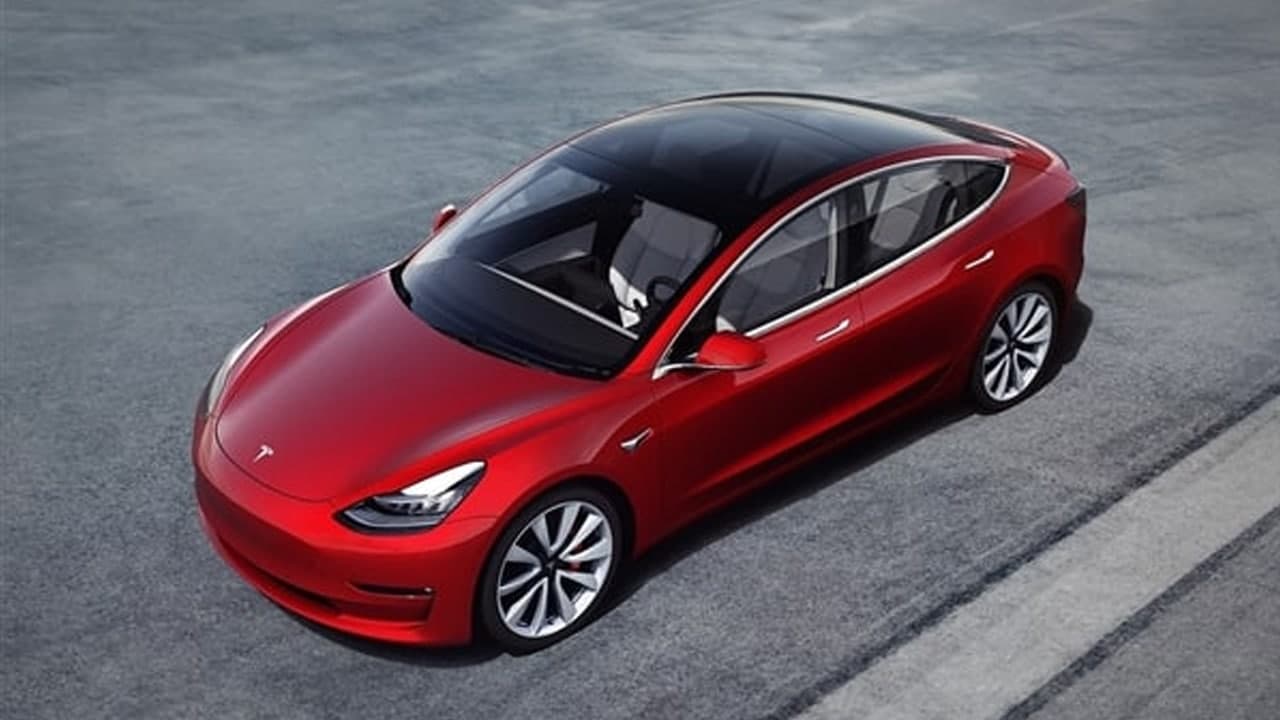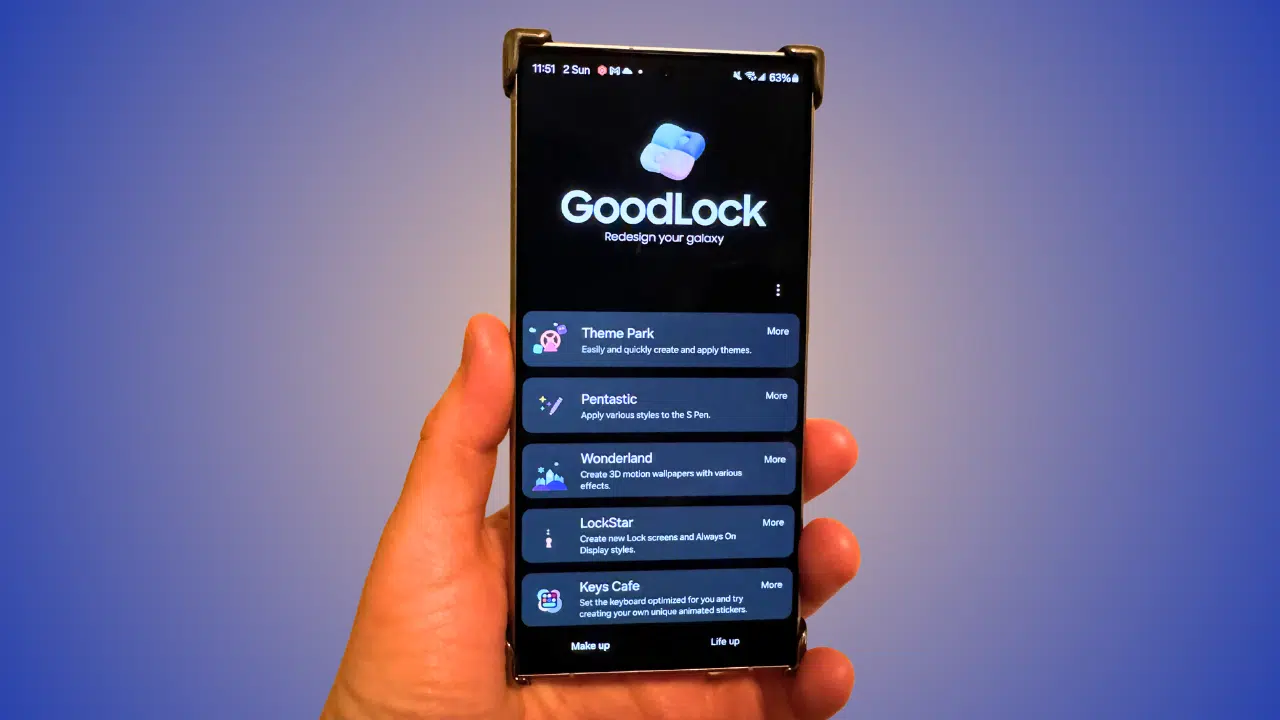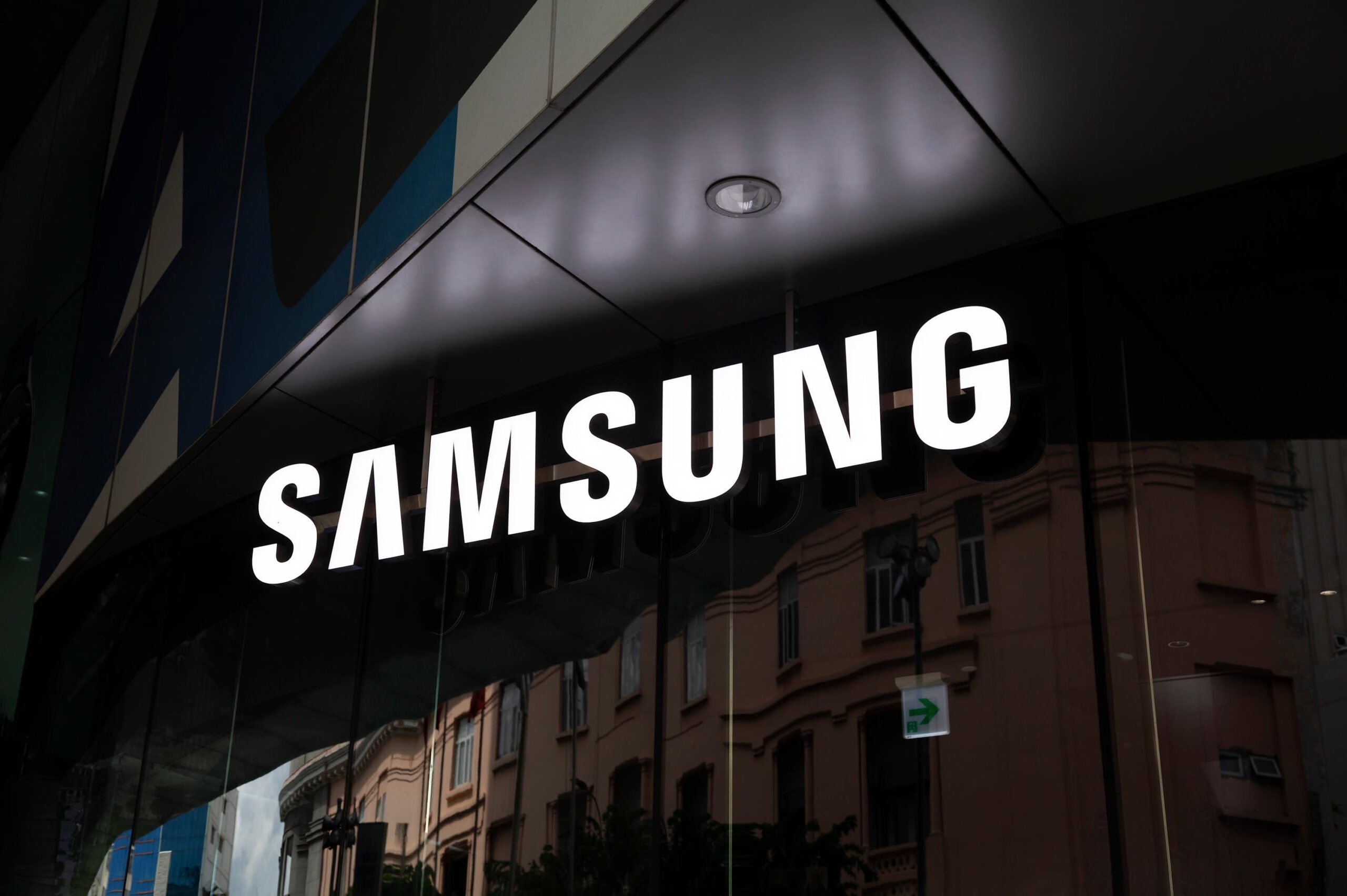Vikram Handa, the son-in-law of Indian steel tycoon Sajjan Jindal (Sajjan Jindal), is building the country’s first electric car battery manufacturing plant. To help reduce India’s dependence on Chinese batteries.
In August last year, Handa established Epsilon Advanced Materials Pvt, the first lithium-ion battery component manufacturer in India, in Karnataka, South India. It plans to spend 60 billion rupees (approximately US$807 million) in the next few years.
Build a plant that converts coal tar into graphite anode materials for electric vehicle batteries. It is estimated that 100,000 tons of synthetic graphite anode materials will be produced by 2030, accounting for about 10% of the estimated global demand.
Graphite anode material can serve as the negative electrode of lithium-ion batteries, and it accounts for a quarter of the cost of battery components. The anode materials produced in China account for more than 80% of the global supply, and raw materials are imported from countries including India. By producing anode materials in India, Handa aims to transform the South Asian country from a battery mining center to a battery material center.
Join us on Telegram
Handa said: “I am quite optimistic about the development prospects of the battery industry in India in the next ten years. In the next two to three years, there will be a lot of money entering this field.
He believes that India has a lot of room for local production of electric car batteries because It has easier access to raw materials, the government has issued a $20 billion manufacturing incentive plan, and the demand outlook is also improving.
India currently has several battery assembly plants, but no battery manufacturer yet. Aggregated data shows that electric vehicles account for about 5% of annual car sales in China, while India accounts for less than 1%.

Handa said: “India is very dependent on batteries from China. If this situation continues, our cost structure will never really come down.” And he said that India already has the expertise and abundant resources needed to manufacture such batteries. Raw materials such as aluminum, copper, electrolyte, and nickel.
In addition, several Indian automakers have begun production or announced plans to produce electric vehicles, and Tesla is said to have chosen Karnataka to build its first factory.
Mahindra & Mahindra, one of India’s largest automakers, said that with the decline in prices and the improvement of infrastructure and technology, the sales of electric vehicles in India are expected to exceed those of more fuel-intensive cars by the end of this century, so domestic supply will become as low as possible. Important.
Indian Transport Minister Nitin Gadkari promised in March that he would announce a comprehensive battery policy “soon”. Handa said that Epsilon is always negotiating with about eight companies that plan to bid under the government’s anode supply project.
Handa firmly believes that the Indian market will flourish and they will also have the first-mover advantage.







